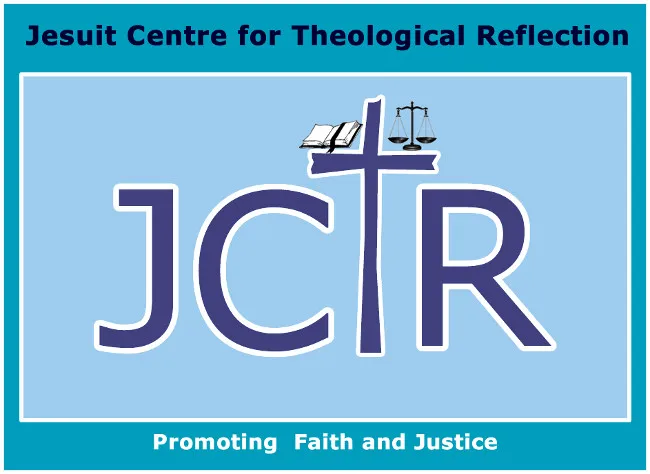JCTR Releases Year-End Reflection on the Cost of Living in Zambia
The Jesuit Centre for Theological Reflection (JCTR) has issued a comprehensive year-end statement reflecting on the challenges faced by Zambia in 2023, particularly concerning the rising cost of living.
JCTR underscores significant increases in grain and mealie meal prices, highlighting inflationary pressures, fuel price fluctuations, utility cost variations, and exchange rate instability as key contributors.
In a notable development, the price of maize grain experienced a substantial increase, reaching K280 for a 50kg bag, attributed to measures aimed at compensating farmers. Mealie meal prices also reached a record high, with a 25kg bag of roller meal trading at K229.
These factors have led to uncertainties in commodity prices, impacting transportation and production costs, raising concerns, especially among vulnerable and marginalized communities.
The JCTR, through its Fighting Inequality project, remains dedicated to advocating for decent living standards by utilizing evidence-based research anchored on the Basic Needs and Nutrition Basket (BNNB). The BNNB for December in Lusaka stood at K9,157.41 for a family of five, reflecting a significant increase from the previous year and month.
The research highlights specific factors contributing to the rise in the BNNB, including increases in the average prices of commodities such as charcoal and chicken, while some fruits, such as mangoes, experienced a decrease in average prices.
However, national incomes, including those of non-unionized workers, informal laborers, individuals in rural areas, and female counterparts, remained below the cost of living.
The Living Conditions Monitoring Survey revealed that 60% of the Zambian population is living in poverty. The report identifies challenges arising from higher commodity prices, particularly food items, coupled with low incomes.
Loopholes in social protection programs, adverse weather patterns affecting farming yields, and issues with the FISP system were also highlighted, posing threats to social and environmental protection.
The JCTR acknowledges various government interventions aimed at alleviating the high cost of living, including the introduction of Eagles mealie meal and plans to sell maize grain in certain communities.
The recruitment of teachers and healthcare workers was also noted. However, challenges persist, with poor rainfall patterns likely to impact food production and prices.
As the year concludes, the JCTR emphasizes the need to foster and strengthen pro-poor policies aimed at eliminating poverty and vulnerability in Zambia.
The organization recommends measures such as continued support for small-scale farmers, prioritizing food and nutritional security, advocacy for salary harmonization, support for research and agricultural mechanization, and the stabilization of the Kwacha.



